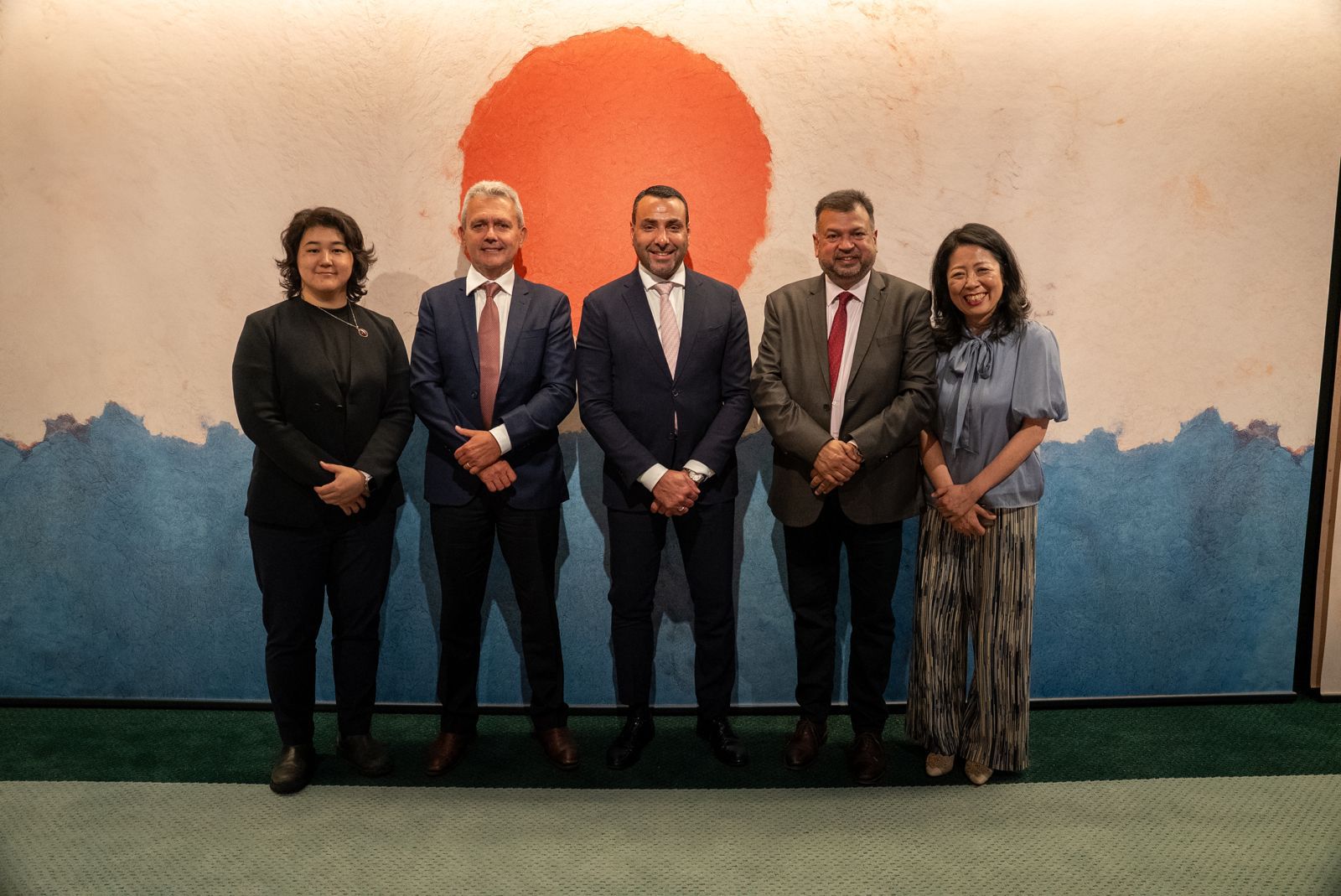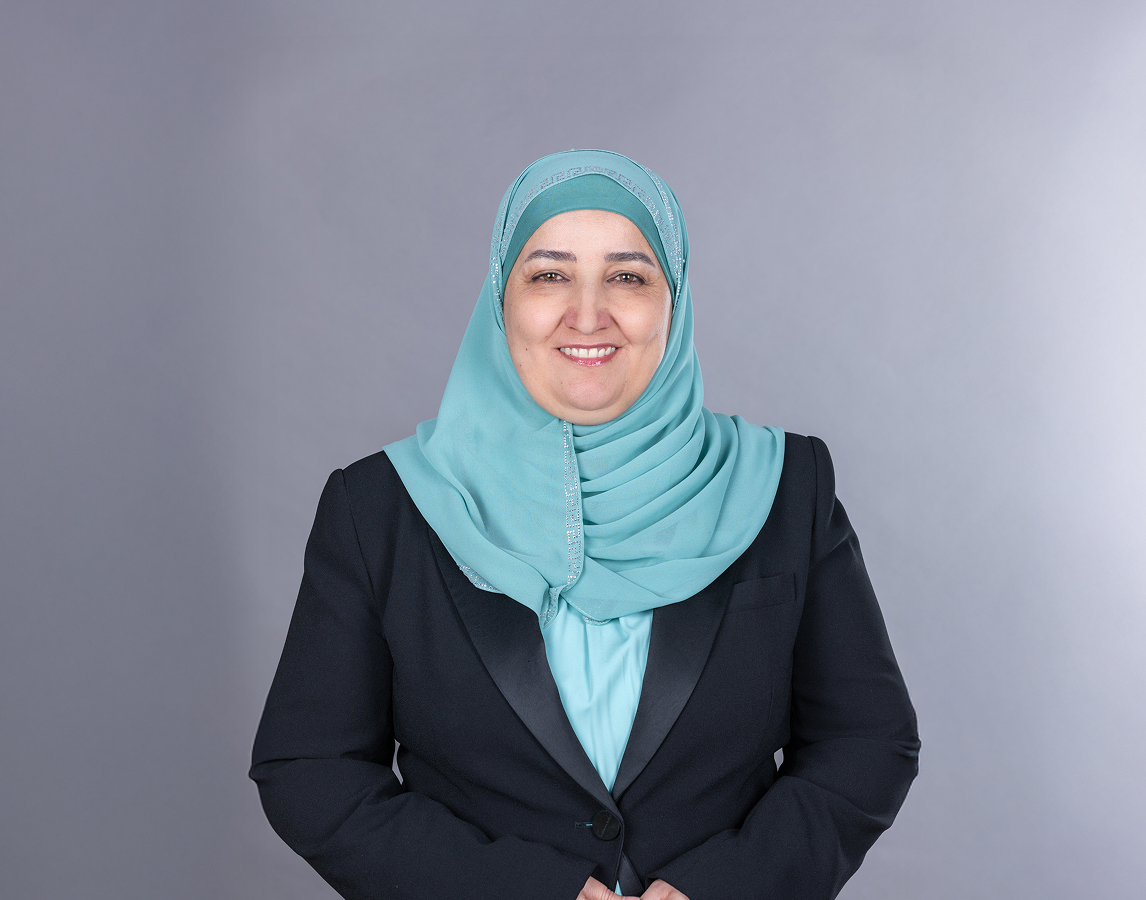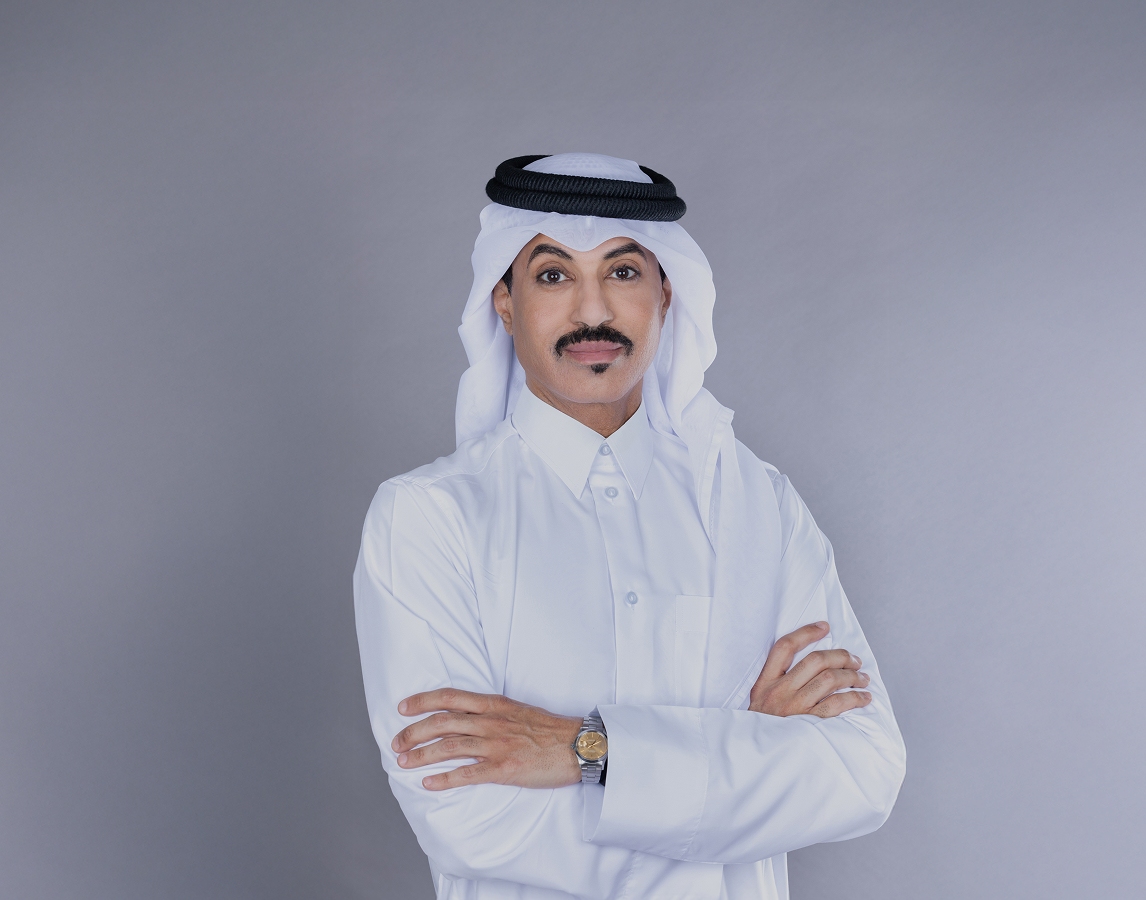Notes from Osaka: A Call to Global Action from the Qatar Pavilion

By Dr Sunoor Verma, Director of Partnerships and Outreach, WISH Qatar Foundation
The Qatar Pavilion at Expo 2025 Osaka is more than an architectural marvel; it is a living symbol of Qatar’s enduring commitment to dialogue, innovation, and global service. On 24 June 2025, within its inspiring wooden lattice, WISH convened a high-level panel- “Protecting Health in Armed Conflict”—bringing together some of the world’s foremost humanitarian and health organisations. This gathering, set against the vibrant backdrop of the Osaka Expo, was a meeting of minds and a rallying point for urgent collective action.
Osaka Expo: Where the World Converges for Solutions
Expo 2025 Osaka stands as a beacon of international cooperation, drawing together nations, institutions, and citizens with a shared purpose: to design a safer, healthier, and more just future. The Expo’s theme, “Designing Future Society for Our Lives,” resonates deeply with the mission of WISH and the broader vision of Qatar Foundation. Here, amidst the convergence of cultures and ideas, our panel on attacks on health in armed conflict found fertile ground.
The Expo is a reminder that global health, peace, and development challenges demand global responses. It is a meeting ground where innovation is not an abstract ideal but a tangible force for good and where the world’s best minds come together to forge solutions that transcend borders.
The Qatar Pavilion: A Testament to Mediation and Progress
The Qatar Pavilion is a masterwork of design, blending Qatari and Japanese influences in a structure that evokes tradition and modernity. Yet its real significance lies in what it represents: Qatar’s steadfast role as a mediator, innovator, and champion of humanitarian values.
Qatar’s commitment to peace is not merely diplomatic rhetoric. Over the past two decades, the country has been pivotal in mediating some of the world’s most entrenched conflicts—from Gaza to Darfur, Afghanistan to Yemen. This mediation is grounded in a constitutional mandate to resolve disputes peacefully and is matched by tangible investments in humanitarian aid, education, and health.
Hosting the WISH panel here was a deliberate choice. It signalled that health protection in armed conflict is inseparable from pursuing peace. It also underscored Qatar’s readiness to bridge divides and foster dialogue, drawing on its unique position as a trusted global partner.
Attacks on Health: A Crisis Demanding Global Action
The urgency of our panel’s subject could not be more evident. In recent years, the world has witnessed a disturbing rise in attacks on health workers and facilities in conflict zones. The WHO has documented thousands of such incidents, resulting in the deaths of health professionals, the destruction of vital infrastructure, and the denial of care to millions.
These attacks are not isolated tragedies; they are systematic violations of international law and affronts to our shared humanity. They undermine the foundations of public health, disrupt essential services, and prolong suffering in communities already ravaged by conflict.
Our discussion at the Qatar Pavilion was anchored in the findings of the joint WISH-WHO report, “In the Line of Fire: Protecting Health in Armed Conflict.” The report clarifies that without decisive political, legal, and diplomatic action, attacks on health will continue with impunity. It calls for strengthened accountability, better protection for health workers, and a renewed commitment to upholding the principles of medical neutrality and humanitarian law.
Building Coalitions: The Role of Convening Organisations
What set our panel apart was not just the calibre of the speakers but the diversity of perspectives and the spirit of partnership. By bringing together Médecins Sans Frontières (MSF), WHO, UNRWA, the International Committee of the Red Cross (ICRC), and WISH, we created a platform for honest dialogue and practical collaboration.
- MSF shared frontline experiences, highlighting the courage and resilience of health workers operating under fire.
- WHO provided a global overview, emphasising the scale and complexity of the crisis.
- UNRWA spoke to the challenges of delivering care to refugees and displaced populations, often in the most precarious circumstances.
- ICRC reminded us of the legal and moral imperatives to protect health in conflict.
- WISH served as a convener and catalyst, using its platform to amplify voices and drive collective action.
This coalition is more than the sum of its parts. It is a blueprint for how the international community must respond with unity, resolve, and a shared commitment to safeguarding health as a fundamental human right.
Looking Forward: From Osaka to the World
Our work does not end with a single panel or a single report. The coalition we are building—across organisations, disciplines, and borders—must grow stronger and more inclusive. The recommendations of the WISH-WHO report provide a roadmap, but their implementation will require political will, sustained advocacy, and the courage to confront impunity wherever it occurs.
As we leave Osaka, the message is clear: attacks on health are a stain on our collective conscience, but they are not inevitable. With partnership, innovation, and diplomacy, we can protect the sanctity of health even in the darkest times.
The Qatar Pavilion, with its sails unfurled to the world, is both a metaphor and a mandate. It reminds us that as the dhow navigated uncertain seas, so too must we navigate the complexities of conflict, always steering towards the safe harbour of health and peace.
Let Osaka be remembered as a meeting ground of nations and as the launch pad for a global movement to protect health in armed conflict. Let us carry this spirit forward—from the shores of Qatar, to every corner of the world where health and humanity are under threat.
Dr Sunoor Verma is Director of Partnerships and Outreach at WISH Qatar Foundation. He moderated the “Protecting Health in Armed Conflict” panel at the Qatar Pavilion, Expo 2025 Osaka.



